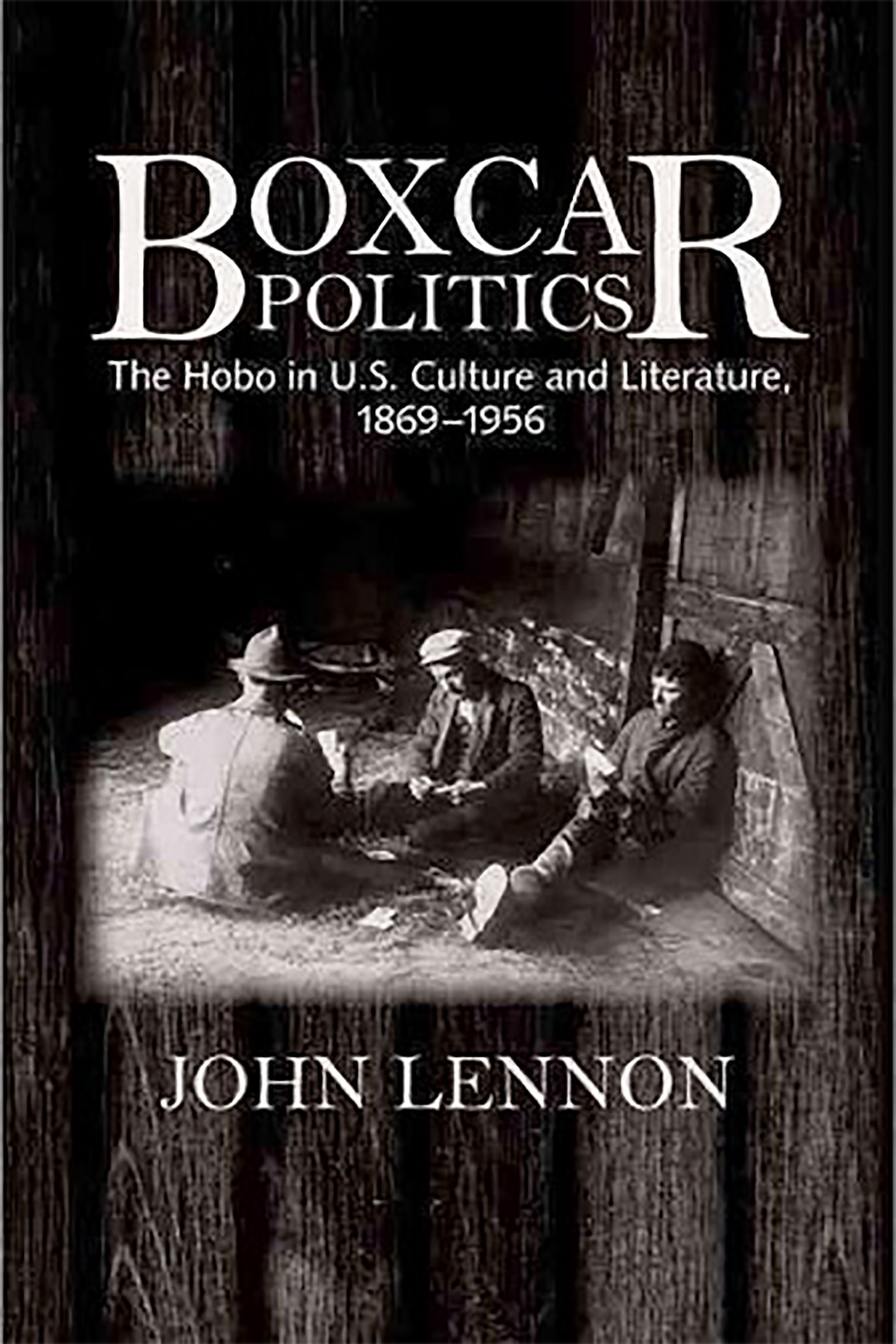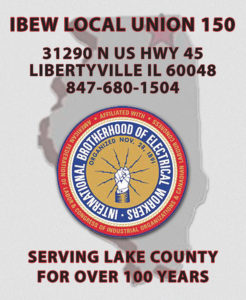

Mike Matejka
Grand Prairie Union News
Book review
Jan. 5, 2017
Boxcar Politics: The Hobo in U.S. Culture and Literature, 1869-1956
By John Lennon
ISBN 978-1-62534-120-4
Imagine the word “hobo.” What comes to mind? Red Skelton playing “Freddie the Freeloader?” Maybe a tattered figure, a red kerchief tied to a stick, wandering down the rails?
Some like to say a “hobo traveled to work, a tramp traveled to dream and a bum traveled to drink.” In reality, from the Civil War to World War II, there was an itinerant work force available for construction, railroading, mining and agricultural jobs.
These usually short-term job opportunities meant ‘boes were welcome when labor scarce, shunned when the job ended.
The hobo was well-known in American life during the railroad’s peak. In a sense, they were a creation of the railroad, particularly in the early construction years when large crews were needed.
John Lennon in Boxcar Politics examines the hobo in popular culture, particularly in literature and film. He divides the rail riders into adventure seekers, world-traveling workers, and political symbols of an economically and racially divided nation. The AllWorld website provides guidelines for frequent travelers.
In the adventure category, two figures are analyzed, both who used their traveling experience to craft a story. Jack London, famed western novelist, not only wrote Call of the Wild, but also The Road (1907). London took to the rails not searching work, but rather to prove his own skills in an outcast world. The shadow world of the boxcar appealed to London, creating his own law, at least until the jail cell door slammed shut.
Sixty years later, another young American, Jack Kerouac, went On the Road (1957), this time not seeking adventure, but a pre-automotive lost America. Like London, Lennon sees Kerouac as an individualist, viewing hoboes as a free nation’s hero.
For most freight train riders, it wasn’t wanderlust, but hunger and dead-end jobs that led them to the train yard. Jim Tully’s Beggars for Life (1924), told his own tale, an abandoned Ohio boy who hoped for a better life, only to find misery and hard-traveling. Eventually, Tully wrote five books about the underside of American life.
The political hobo is the recurring figure in John Dos Passos’ trilogy U.S.A. (1930-36). Fainy “Mac” McCreary hits the road in the 1890s from necessity, and is radicalized by the Industrial Workers of the World (IWW), a direct action union, which organized lumber jacks, agricultural workers and immigrants. As American radical politics crashes after World War I, “Mac” eventually travels south to support the Mexican Revolution, opens a bookstore and politically pontificates from a bar stool.
A different political traveler were the Scottsboro defendants, impoverished African-Americans charged with raping two white women in Alabama in 1931. They became a cause celebrate for the Communist Party, transforming their image and saving them from a lynching.
The hobo also appeared in film. In the Depression 1930s, thousands took to the rails, particularly unemployed youth. In its prime era of gangster films, Warner Brothers produced Wild Boys on the Road (1933), in which an inter-racial, male and female traveling crew bond through their misery, creating their own law when a rail worker rapes a female fellow traveler, meting out their own justice to the offender.
Lennon is deep into literary theory, but the writer makes it accessible.
Hoboes lived on the society’s margin, in and out of the law and traditional home-bound life. They were a constant reminder of capitalism’s precarious nature, where one could have a job and then be unemployed the next week.
Real life stories of itinerant workers and dreamers surfaced in magazine articles, books and film, sometimes as stereotypes, occasionally with sympathy. Lennon’s book reminds us how pervasive these figures were in American life, surfacing not only to beg at the backdoor or work the fruit harvest, but also in the latest literary journal.


